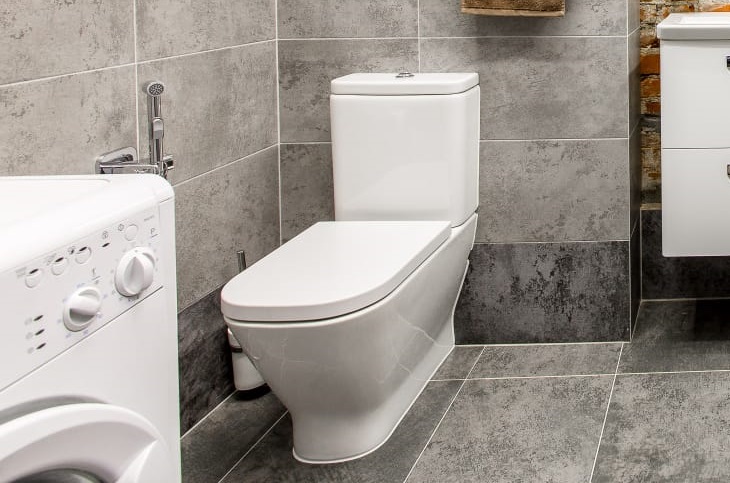How to clean a toilet from limescale and urinary calculus: 5 methods that will restore cleanliness to your plumbing
Toilet cleaning products are divided into three groups: folk remedies, household chemicals and aggressive compounds.
To begin with, it is worth trying gentle but effective remedies that have been tested by experienced housewives, and then take on more serious options.
Folk remedies sometimes allow you to save money and amaze you with the quality of cleaning that household chemicals can boast of. There are several ways that will help return your plumbing to its original cleanliness and whiteness.
Citric acid
An effective and economical option. For cleaning, use 20-50 g of citric acid, which is applied in a circle to the inner walls of the bowl. Lower the lid and leave it overnight. In the morning, clean with a brush and rinse with water. If difficult-to-remove dirt has formed, you will have to repeat 1-2 times.
Carbonated water
Sweet soda, which contains orthophosphoric acid (E338), can also clean the toilet from limescale and urinary calculus. 1-2 liters of liquid are poured into the toilet for 2-6 hours or overnight. Then, using a toilet brush, remove the remaining dirt and flush with water.

Vinegar
Vinegar (9%) is excellent for combating common stains. It is heated to 40-50 °C, then 1 teaspoon of soda and a few drops of iodine are added. The resulting solution is used to treat the bowl and left overnight. In the morning, all that remains is to clean everything with a brush and rinse.
Hydrogen peroxide and ammonia
Hydrogen peroxide (100 ml) and ammonia (40-50 ml) can also clean plumbing from limescale and urinary calculus. Mix the two products and spread them over the bowl surface with a brush. Depending on the amount of dirt, wait 2-3 hours or overnight, and then clean the surface with a brush.
Iodine monochloride
This product can be found in a veterinary pharmacy. The product is applied to the dirt and washed off with water after 1-2 minutes. During this short time, the deposits should dissolve. The remaining dirt can be removed with a brush.
Iodine monochloride should not be used if the sewer pipes in the house are made of cast iron or aluminum.
